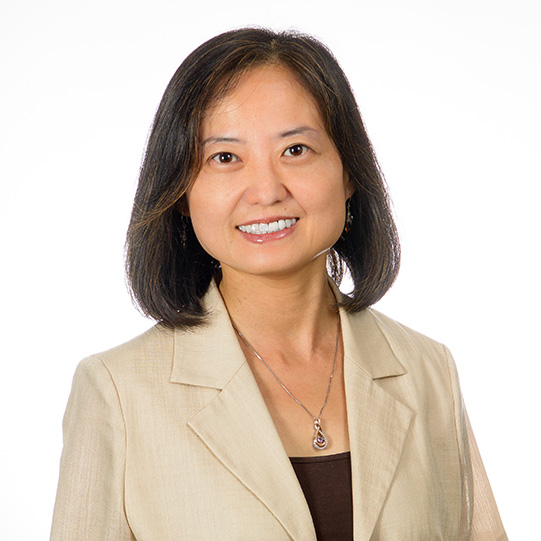Lecture: Post-Colonial Decolonization of Community Design: Learning from Hawai’i and Taiwan
Join us for an evening lecture by Dr. Chingwen Cheng PhD, PLA, LEED AP
Assistant Professor of Landscape Architecture, The Design School, Arizona State University
“Post-Colonial Decolonization of Community Design: Learning from Hawai’i and Taiwan”
Abstract:
Redistribution of power dynamic in planning process for achieving full citizen participation has been considered the ultimate goal for community design in theory. Nevertheless, the common practice of public participatory design methods are often limited to preconception of the products to be delivered to the public toward the end of the design process. In addition, the participatory method predominately taught and practiced in the mainstream of planning and design education and professional practices can be considered as another form of colonization as the processes of colonialism and imperialism. Dr. Cheng draws critical theories from across disciplines in geography, communication, anthropology, and religious studies to challenge current design thinking and practices engaging with communities. Case studies drawn from post-colonial context in Hawai’i and Taiwan will be discussed to explore new insights in ways for genuine, meaningful, and effective community engagement in the design process. As scientists and designers seek to design products and implement solutions to achieve sustainable development goals globally, this discussion is particularly important for understanding the underlying ethics and values for place-based and localized design solutions; and even more importantly, the critical mindsets for decolonizing design in the participatory process that retains, rediscovers, and reinstalls the power to communities.
Bio:

Dr. Chingwen Cheng is Assistant Professor of Landscape Architecture at The Design School and Senior Sustainability Scientist at Arizona State University. Her research investigates the role of ecological design in addressing climate justice and building resilient communities through enhancing social and ecological capitals in the transformative participatory process in addition to sustainable and equitable landscape design products. Her work integrates transdisciplinary collaboration and spatial mixed methods. She holds PhD in Regional Planning from the University of Massachusetts Amherst, Master in Landscape Architecture at University of Michigan, and B.S. in Horticulture and Landscape Architecture at National Taiwan University. She is licensed Professional Landscape Architect and LEED Accredited Professional and practiced in Chicago, Illinois, and Tampa-St. Petersburg, Florida.
FREE and OPEN TO THE PUBLIC
March 5, 2020
5:00pm
121 Bay State Road
Boston, MA 02215
Map It
